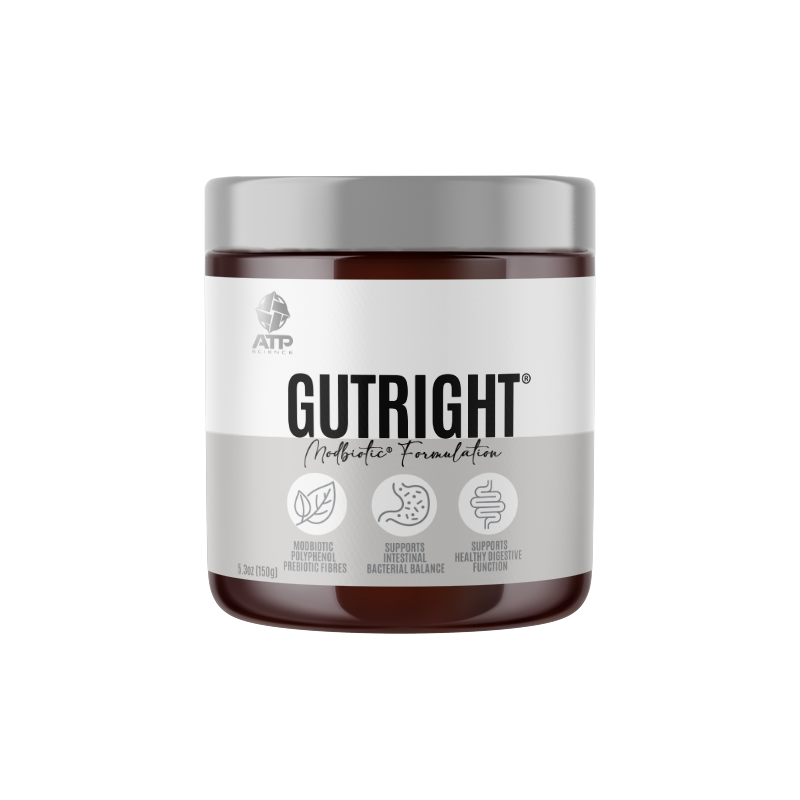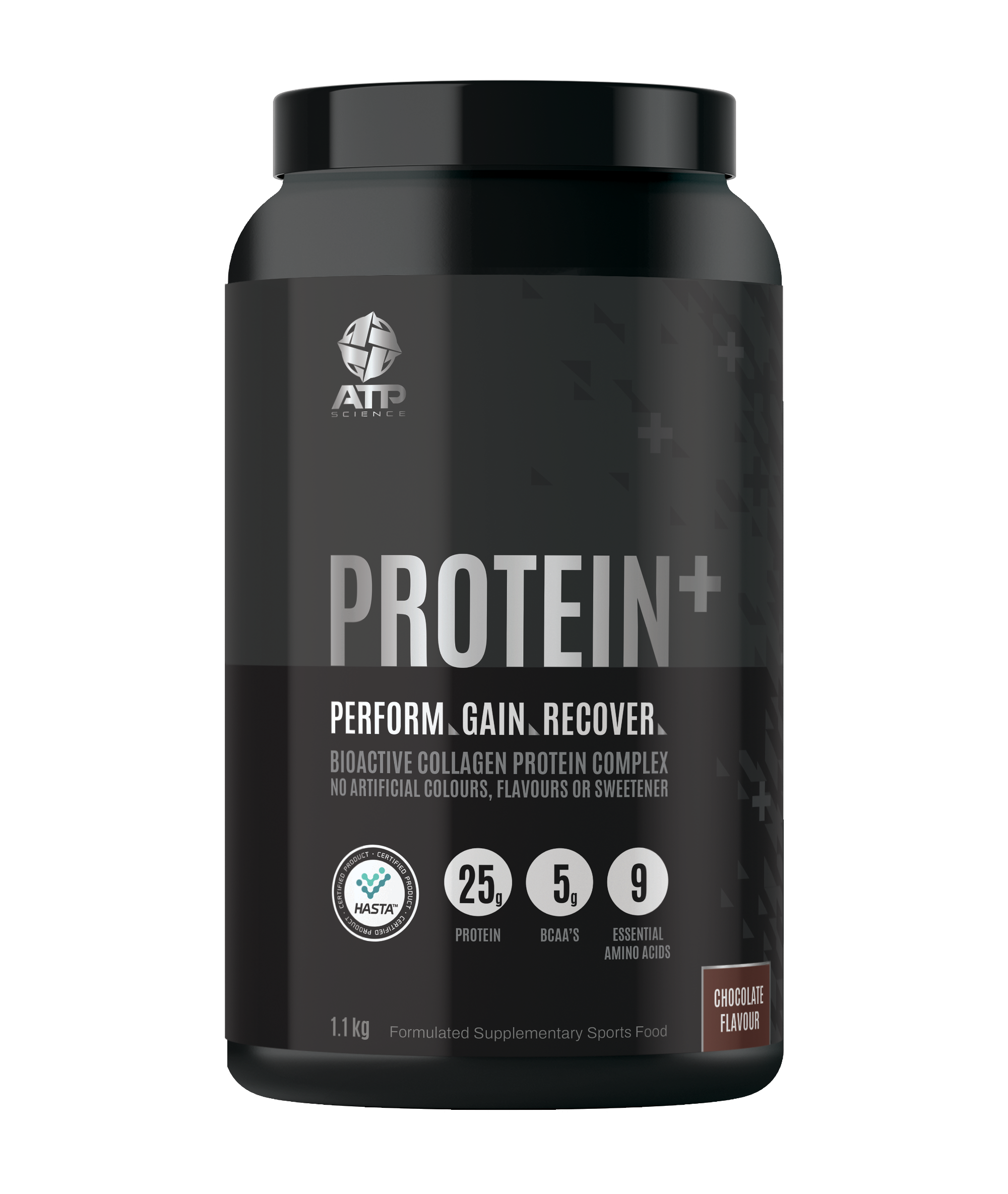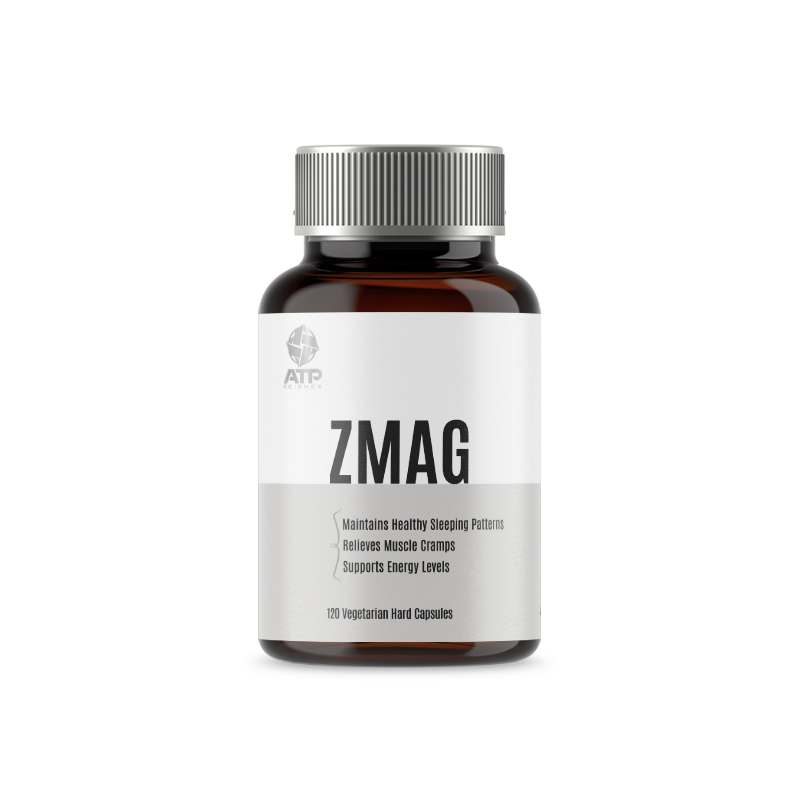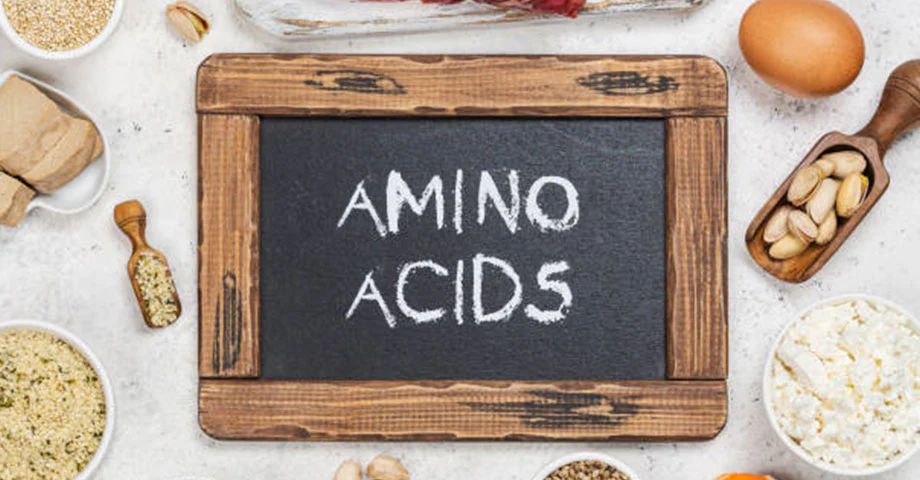Biotin – what is it and why does the industry say we need it? Undoubtedly, you will likely have seen many ‘beauty’ products on the market at current that pair both collagen with biotin together. Do they need to go together to do their thing or is this just a way to get you to buy one over the other as a consumer? Here is the full biotin scope…
What is Biotin?
Biotin – also known as B7 or Vitamin H is a water-soluble vitamin and its usual role is involved with the Krebs Cycle around multiple metabolic pathways. It is an essential cofactor in carboxylase enzymes. That overall, these enzymes while in action; contribute to that of fatty acid metabolism, amino acid metabolism, carbohydrate metabolism, urea utilization, and general cellular processes[1,2].
It can be found in many food sources including organ meats, eggs, nuts, seeds, and vegetables like that of sweet potato and tubular family groups, legumes, mushrooms, and weirdly enough... bananas.
How we take in biotin from the diet
Mammals which depend on biotin, cannot synthesize this vitamin on their own accord and thus, rely on it coming in through dietary intake. Since its initial discovery in 1901, research to date has led the way for the discovery of complete biotin biosynthesis pathways that involve many different microbes and the formation of biotin. For instance, plants, fungi, and microbes are able to synthesize this cofactor required by us, on their own. Consuming these aspects over synthetic forms is of higher importance in most cases[3].
A large fraction of what we take in is transported through the sodium dependant multivitamin transporter (SMVT), this mediates the intestinal absorption of this vitamin for uptake by the liver, our peripheral tissues, and also our kidneys. However, it can also be produced by normal healthy ratios of gut flora as we mentioned above in the part about the microbes and distributed from there too[4].
What role does it play in our hair, skin, and nails?
Biotin's role in protein synthesis specific to that of keratin helps explain its potential role and outcome for hair skin and nail health. The typical intake for the average adult of biotin is around 35-70 ug a day from dietary sources. At current, there is not much literature on dietary deficiency effects of biotin in humans, so this is an estimated range, the only dietary-induced deficiency research of biotin has been conducted in animal studies.
In those that have the inherited biotin enzyme deficiency, it appears that supplementation can assist with this correction but at much larger doses upwards of 10,000ug-30,000ug per day to get some saturation. Those with specific deficient states will show symptoms outside of hair complaints usually at the same time or first.
Biotin Deficiency?
An acquired biotin deficiency is extremely rare to come across, it is more likely to be congenital and inherited. Congenital or genetic biotin deficiency is due to an autosomal recessive trait.
Biotin Deficiency, be it through a rarely acquired dietary deficiency or through an inherited deficiency looks similar to the following[5]:
- Alopecia.
- Eczema like skin rashes.
- Seborrheic dermatitis.
- Conjunctivitis.
- Neurological symptoms at more severe levels.
Because of its relationship with keratin and the skin, the dermatological indications usually are an important first indicator that something is off-balance here.
Does supplementation in humans actually help?
Ooph, here is the big kicker… in humans that have already existing levels and no signs of severe deficiency, sadly no, it is not likely to impact the health of your hair skin, and nails. You will be getting enough access to this in a healthy whole food diet.
Here is why – there are at current around 18-20 studies that show it does improve hair and nail growth through supplementation where the subject is severely biotin deficient through acquired attainment or inheritance. Despite these studies, there are no randomized controlled trials that show the efficacy and promotion of biotin supplementation to induce hair, skin, and nail growth in normal healthy individuals where no root cause of deficiency is present.
To this, only 1 such study in the literature has actually measured biotin levels in healthy individuals that complained of hair loss. In this study, there were 541 subjects, all of which were women between the ages of 9 and 92 years old. The findings – 38% of the subjects had low biotin levels. Of that 38%, 11% were shown to have a history of GI interruption through the use of antibiotics, antiepileptic drugs, and instances of GI (gastrointestinal) specific disease, and as we mentioned earlier the microbial formation of biotin is integral for mammals. 35% of subjects also had co-existing seborrheic dermatitis, meaning that there was an underlying cause for the deficient state and a multifaceted cause for the hair loss[6].
On top of this, proliferation and differentiation of normal, nonpathological follicular keratinocytes (hair follicles) are in fact not influenced by biotin[7].
Take home conclusions
Stick to a healthy diet unless you have a proven deficiency with biotin, in which case you are going to be needing a lot more than you will be getting in your standard off the shelf 'beauty-focused' product. If you’re getting a diet rich in protein, it's likely those foods also contain biotin in sufficient enough quantities to support the structure of keratin synthesis.
Biotin is not the only requirement for keratin protein formation, it is a supporting factor but not the 'be all end all' – amino acids like that of glycine, alanine, tyrosine, and serine are major important building blocks of the keratin protein formation, without those to you are in not much luck.
Until we have more conclusive human studies, there is little to no current insight that biotin supplementation is effective in healthy individuals.
References
- Patel, D. P., Swink, S. M., & Castelo-Soccio, L. (2017). A Review of the Use of Biotin for Hair Loss. Skin appendage disorders, 3(3), 166–169. https://doi.org/10.1159/000462981
- Bragulla, H. H., & Homberger, D. G. (2009). Structure and functions of keratin proteins in simple, stratified, keratinized and cornified epithelia. Journal of anatomy, 214(4), 516–559. https://doi.org/10.1111/j.1469-7580.2009.01066.x
- Streit, W.R., Entcheva, P. Biotin in microbes, the genes involved in its biosynthesis, its biochemical role and perspectives for biotechnological production. Appl Microbiol Biotechnol61, 21–31 (2003). https://doi.org/10.1007/s00253-002-1186-2
- Serum Biotin Levels in Women Complaining of Hair Loss. Trüeb RMInt J Trichology. 2016 Apr-Jun; 8(2):73-7.
- Inborn errors of biotin metabolism. Nyhan WL Arch Dermatol. 1987 Dec; 123(12):1696-1698a.
- Serum Biotin Levels in Women Complaining of Hair Loss. Trüeb RM Int J Trichology. 2016 Apr-Jun; 8(2):73-
- The effect of isotretinoin on biotinidase activity. Schulpis KH, Georgala S, Papakonstantinou ED, Michas T, Karikas GA Skin Pharmacol Appl Skin Physiol. 1999 Jan-Apr; 12(1-2):28-33.

















